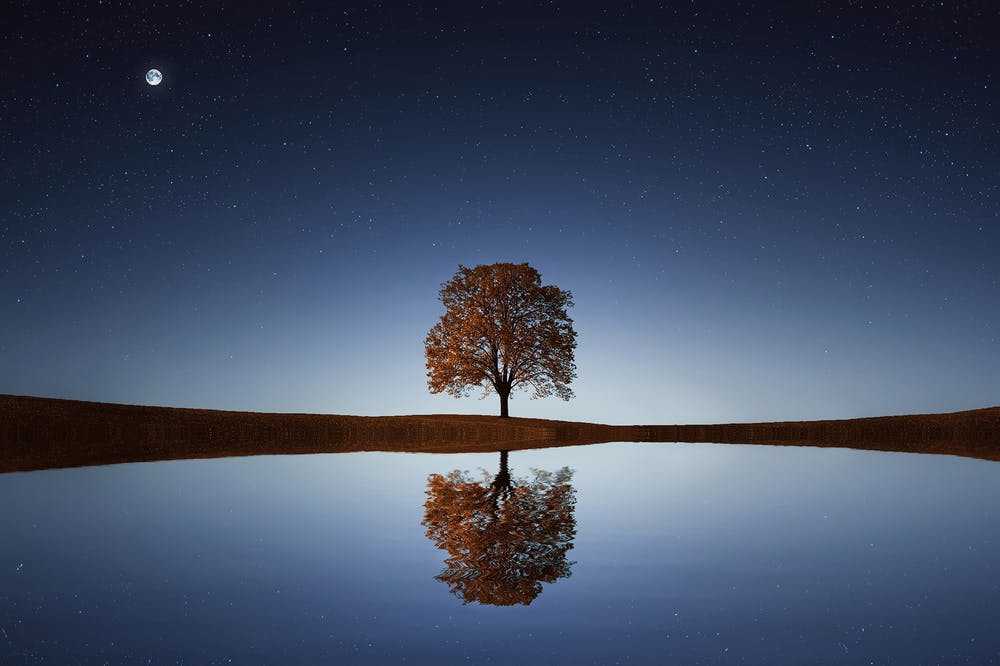Love, Hate, and the Creative Process
People often say that love and hate are just two sides of the same coin. And you know what? They’re right.
Strong emotion is strong emotion. It doesn’t matter if you enter the room through the door of love or the door of hate—you’re still stepping into the same space, charged with feeling. And that, my friends, is an excellent tool for creativity.
Want to get into a character? A scene? Prime your own creative pump when writing? Start with a strong point of view. Always.
Comedians build entire careers on it. Preachers, motivational speakers, and pro wrestlers have plenty of emotional life; look where that gets them. But culturally speaking, polarization happens when someone has a strong point of view. And from an energetic, narrative perspective, that’s gold.
The Nostalgia of What We Once Hated
I was listening to a musician-producer from the ‘60s and ‘70s talking about technology. He pointed out something fascinating: the things people hated about old tech are what we now love about it.
Think about it. People despised the snowy static on 1950s and 1960s TVs, but now? That’s the iconic signature of a vintage television experience.
VHS tapes? The warbly, glitchy tracking errors that once drove us nuts are now cherished as an aesthetic. Vinyl records? The scratches and crackles that were once imperfections are now revered as character. Even the way CDs would skip—we cursed them back then, but today, they evoke a time and place.
We do this with people, too. Ever been to a funeral where, at some point, the very things people found frustrating about the deceased are now remembered with warmth? “Mom was always so worried about everything,” someone will say, smiling. Or, “Dad never showed affection, but deep down, we knew.” What was once annoying, maddening, or even infuriating gets transformed into a defining trait that’s looked back on with love.
Folding This Into Your Creative Work
Why does this matter? Because it’s human.
And if you’re telling stories—whether in film, theater, or writing—humanity is your greatest asset.
Find ways to weave this into your narratives. A character doesn’t need to die for their quirks to be seen with fresh eyes. A son can be absolutely exasperated by his mother’s overprotectiveness—until, in one fleeting moment, he sees through it all and thinks, I love my mom so much.
That’s the magic.
That’s where love and hate meet. And that’s where you, as a creative, get to play.
Now, go do the work.






